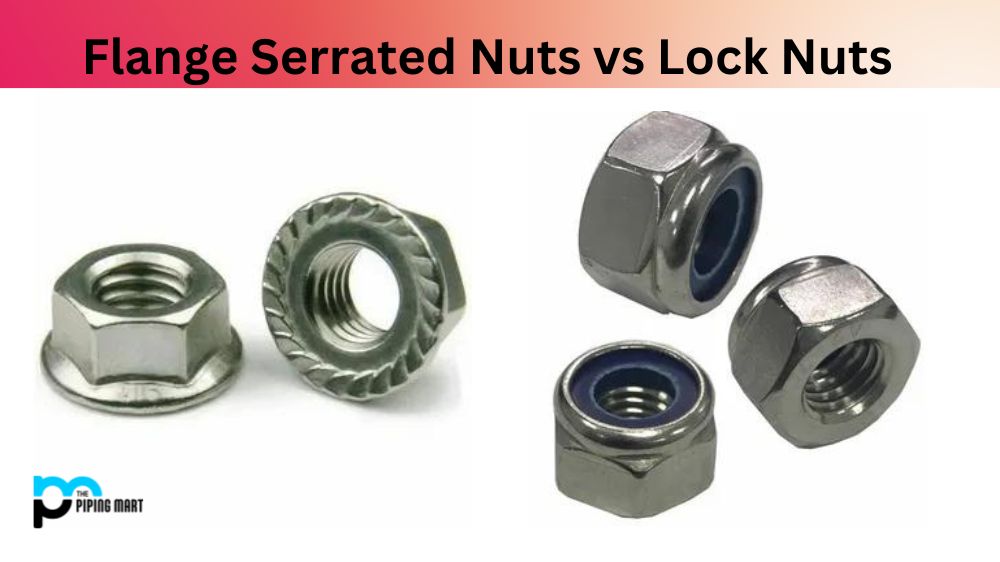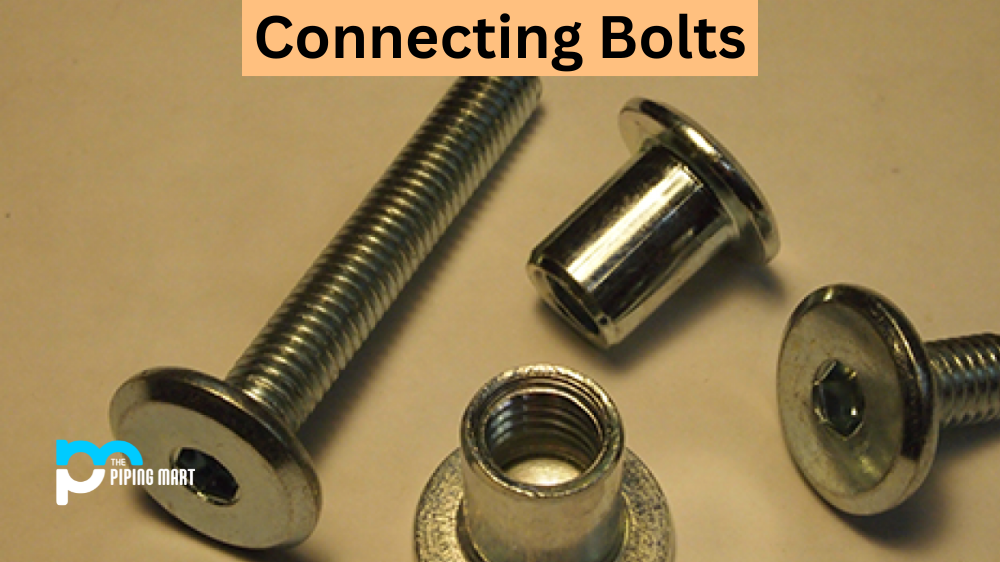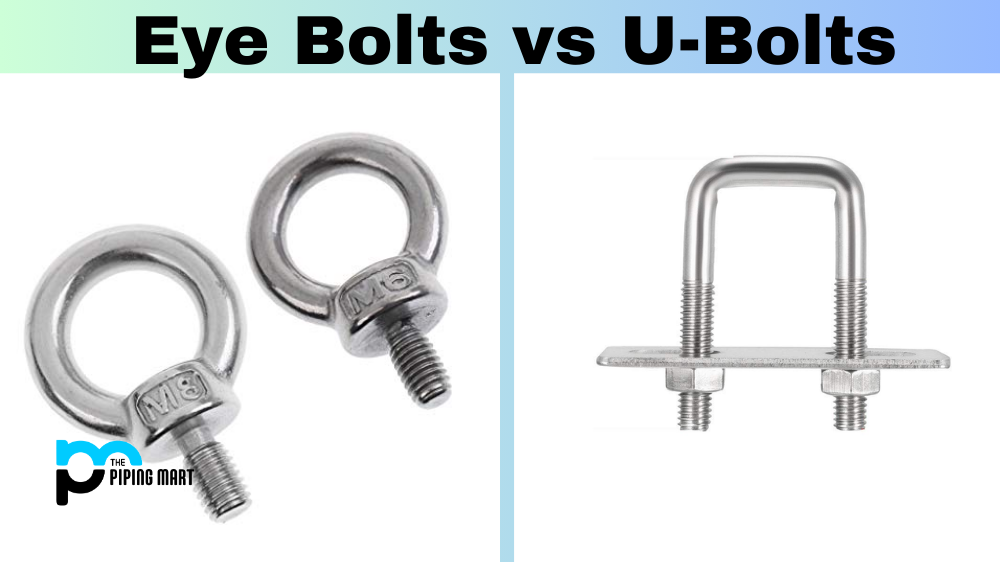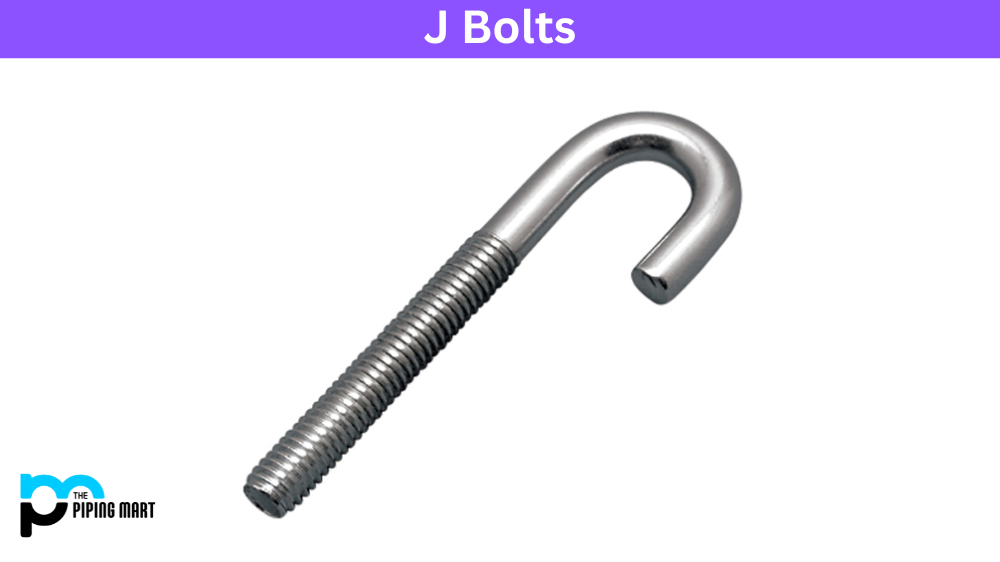Regarding fastening two objects together, the kind of nuts you use is just as important as the bolts. Two of the most commonly used nuts for this purpose are Flange Serrated Nuts and Lock Nuts. Though both perform similar functions, there are several differences between the two nuts in terms of design, usage, and application. This article will delve deeper into each design, discuss their differences, and identify their strengths and limitations.
What is Flange Serrated Nuts?
Flange serrated nuts, also known as jam nuts, are a fastening option often used in low-torque applications. These nuts feature one or two flanges that provide additional surface area for locking against the mating surface, making them ideal for space-restricted projects where full-size bolts and washers may not be feasible. Unlike standard hex nuts, their serrations increase friction when tightened and help prevent loosening due to vibration or shock force. Additionally, they are available with coarse threads, which further enhance this anti-loosening characteristic.
What is Lock Nuts?
Lock Nuts are fasteners with built-in mechanical locking devices that prevent loosening due to vibration or tampering. They can be used in various applications, including automotive engines, manufacturing equipment, and industrial machinery. Lock nuts come in many styles and sizes to fit almost any application imaginable. Additionally, they are usually easy to install and require no special tools for assembly. With the added security of their anti-vibration design, lock nuts provide reliable performance even during extreme vibration conditions.
Difference Between Flange Serrated Nuts and Lock Nuts
Design:
Flange serrated nuts feature a built-in washer that adds additional surface area to the nut. The washer gives the nut a better grip and ensures that the nut remains secure under high vibration levels. The serrated edges of the washer also add toothed grooves around the nut’s edge, increasing the nut’s gripping power. On the other hand, lock nuts are designed with an integral nylon collar (also known as nylock) that provides resistance against the bolt loosening under severe vibration and extreme pressure.
Usage:
Serrated flange nuts are commonly used in industrial settings where high vibration or dynamic loads are an issue. Owing to their serrated design, they are ideal for applications requiring a tight grip and high rotational vibration or torque resistance. Conversely, lock nuts are best suited for general-purpose applications that don’t entail high vibration or dynamic loads.
Application:
Serrated flange nuts are available in various sizes and have a wider application in construction machinery, heavy-duty trucks and trailers, and other industrial equipment. Their design ensures that they remain secure despite the high vibration levels generated by these heavy machines. On the other hand, lock nuts are often used in automotive repair or household applications, where less dynamic loads are expected.
Tensile Strength:
Flange serrated nuts have high tensile strength and are ideal for applications that require high torque loads. Their wider surface area ensures a better grip and spreads stress evenly throughout the nut. However, their serrated design often causes a reduction in their life expectancy. Lock nuts also have exceptional tensile strength, and the nylon collar is chemically resistant to many oils, solvents, and other chemicals often found in automotive and household applications.
Cost:
Serrated flange nuts are often more expensive than lock nuts because they feature an additional washer that adds to the cost of production. Furthermore, their specialized design makes them more suitable for industrial applications, which command a higher price. Lock nuts, however, are economical and readily available in any hardware or home improvement store.
Conclusion:
In conclusion, while flange serrated nuts and lock nuts have unique strengths and limitations, they differ in their design, usage, application, tensile strength, and cost. Flange serrated nuts are best suited for industrial applications that require high torque and provide a secure grip in high vibration or dynamic loads. Lock nuts, however, are best suited for household or general-purpose applications that don’t require high tensile strength or have less dynamic loads. Regardless of the situation, ensuring proper fastener selection is critical to maintaining safety and reliability in all mechanical applications.

Pipingmart is a B2B portal that specializes in metal, industrial and piping items. Additionally, we share the latest information and information about materials, products and various types of grades to assist businesses that are involved in this business.




